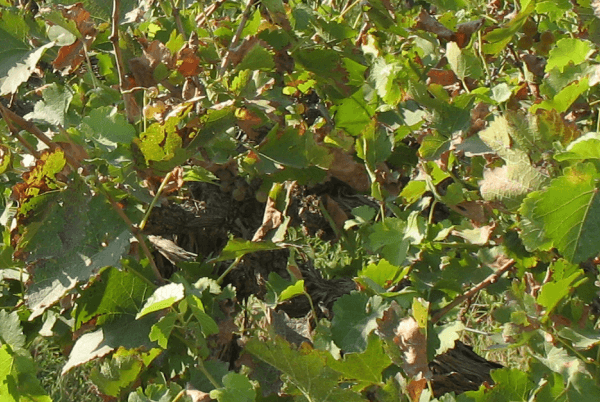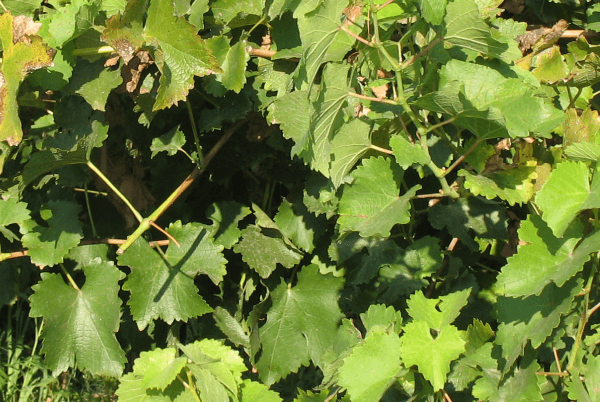- +27 (0)21 848 9434
- marketing@ecosoil.co.za
- Mon - Fri: 8:00 - 16:30
DISEASE MANAGEMENT
It is now well recognized that all plants, and nearly all tissues within the plant, are inhabited by a variety of micro-organisms, many of which offer benefits to the host, improving nutrient uptake, preventing pathogen attack, and increasing plant growth under adverse environmental conditions.
With root exudates, the plant grows a beneficial microorganism shield around its roots that controls pathogens naturally in the following manner:
1. Competition
Beneficial organisms out-compete pathogens for living space and food, covering the roots and leaves, and protecting it them from infections.
2. Inhibition
Anti-biotics and other chemical compounds are produced by beneficial organisms that inhibit the growth of pathogens. In some instances, plant-microbe communication is so advanced that, when threatened by above-ground pathogens, they signal soil microbes with specific root exudates to produce anti-fungal or anti-bacterial compounds that will be absorbed by the plant and translocated to the infection site to inhibit the pathogen.
3. Predation
Certain microbes feed off other microbes, which help to keep pathogenic populations under control. It is estimated that 75% of all insects spend a part of their life cycle underground. A healthy soil with diverse microbe populations will keep pest populations under the economic threshold value.
4. Immune Response
Healthy plants are stronger and less attractive to pests and diseases. Plants photosynthesising at an elevated rate have a higher sugar content and Brix level. Once Brix gets over 12, plants are largely resistant to insects and pathogens. Certain bacteria-plant interactions can induce mechanisms in which the plant can better defend itself against pathogenic bacteria, fungi and viruses. This is known as induced systemic resistance (ISR). The inducing rhizobacteria triggers a reaction in the roots that creates a signal that spreads throughout the plant which results in the activation of defense mechanisms, such as reinforcement of plant cell walls, production of anti-microbial phytoalexins and the synthesis of pathogen related proteins.
So, an important conclusion in the above regard is that lots of different species and lots of different individuals of each species are needed to have functions performed at all times in all types of habitats and environments towards soil health and fertility.
PRACTICAL IMPLICATIONS
A vibrant microbial community can protect plants against pests and disease. Plants also absorb metabolic by-products from microbial communities that eventually gets transferred to animals and humans consuming it. These compounds and minerals are essential to our health and survival.
Most pests and diseases have part of their life cycle in the soil. In nature their numbers are naturally controlled. If conditions arise that promote the temporary proliferation of pathogens, its natural predators will sense this proliferation and will also proliferate to bring nature back into balance. By inoculating soils with Ecosoil’s Compost Tea, beneficial predators are re-established that will control pests and diseases naturally.
Foliar sprays of Compost Tea will supply essential organic nutrients and cover leaf surfaces with beneficial micro-organisms, protecting them against pathogen attack. The organism diversity found in Ecosoil’s Compost Tea will outcompete pathogens for food resources, will cover and protect root and leaf surfaces, will inhibit and predate pathogens and reduce their numbers significantly.
The production of vitamins, hormones and other metabolites will improve the immune response and health of the crop. This will greatly reduce crop losses and will lower the need for costly and counter-productive pesticide programs over the long term.
RESULTS
Systemic Acquired Resistance
The vines in the control block received six chemical anti-fungal spray applications, whilst the vines on the right received two years of Compost Tea soil applications and only required four chemical anti-fungal applications. Far less mildew was observed on the block receiving Ecosoil’s Compost Tea combined with less ant-fungal sprays.

Control

Ecosoil Compost Tea
Percentage shoots infected with woolly apple aphid (WAA) and mildew:
PINK LADY

EARLY RED ONE

Weevil damage measurements on apples:

